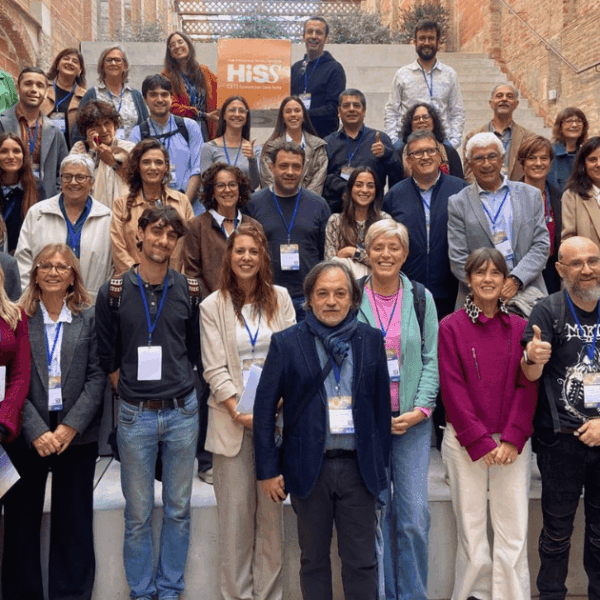We participate in a study led by UdL on the consequences of Covid-19 on youth employment

We participate in a study led by UdL on the consequences of Covid-19 on youth employment

Since June, the iSocial Foundation is participating in the EMJUCOVID study, led by the Universitat de Lleida (UdL), which will analyze the consequences of the economic crisis resulting from Covid-19 on the employment of the youth population and on the social inequalities of the group. Researchers from the Universitat de Barcelona, Universitat Pompeu Fabra, Universitat de València and Fundació Francesc Ferrer i Guàrdia also participate in the study. The duration of the project is 12 months, and it is financed by the Supera Covid Fund of CRUE-Spanish Universities, CSIC and Banco Santander.
The project is led by economist Maria Àngels Cabasés, professor and director of the Department of Applied Economics at the University of Lleida (UdL), member of the Social Council of the iSocial Foundation, and member of the JOVIS.com research group that for years investigates the behavior of the youth labor market.
The objective of the research is to analyze how the health crisis has affected the youngest labor market, “especially in the sectors that have reached higher precarious quotas and affecting gender inequality,” explains Cabasés. “We also want to find out what strategies they have adopted in this unexpected situation and whether the fact of having university studies helps or not to obtain better contracts,” adds the UdL professor.
To do this, the research team will use quantitative and qualitative techniques, that is, it will analyze data on working life and other official statistics, but it will also carry out personalized interviews and discussion groups “to access the experiences of young people, especially girls, and the different situations that are living from the outbreak of the health emergency, “highlights the coordinator of the study, which will be carried out in Catalonia and the Valencian Community. “They are two important population centers where the impact of the crisis has had different implications,” she says.
The research aims to “influence the debate on the post-pandemic labor market, in the short term, in relation to the situation of youth job insecurity in a context of increasing digitization of the economy,” highlights Maria Àngels Cabasés. “We hope to obtain an x-ray of how social inequalities are perpetuated and the different labor and social roles that young men and women occupy in a moment of crisis such as the current one”; as well as formulating “a set of recommendations to promote the employability of young people and contribute to their economic emancipation in the best possible conditions,” emphasizes the professor.
In this sense, the project contemplates writing “a catalog of recommendations for the development of public policies to promote quality employment aimed at young people, taking into account the observed situations of inequality.” Also a compilation of cases of good practices “that the youth community is implementing to promote new forms of organization and activity” and “recommendations addressed to the university and the set of economic and social agents to reduce the negative impacts on youth employment and under an intersectional approach.“
Actualitat






